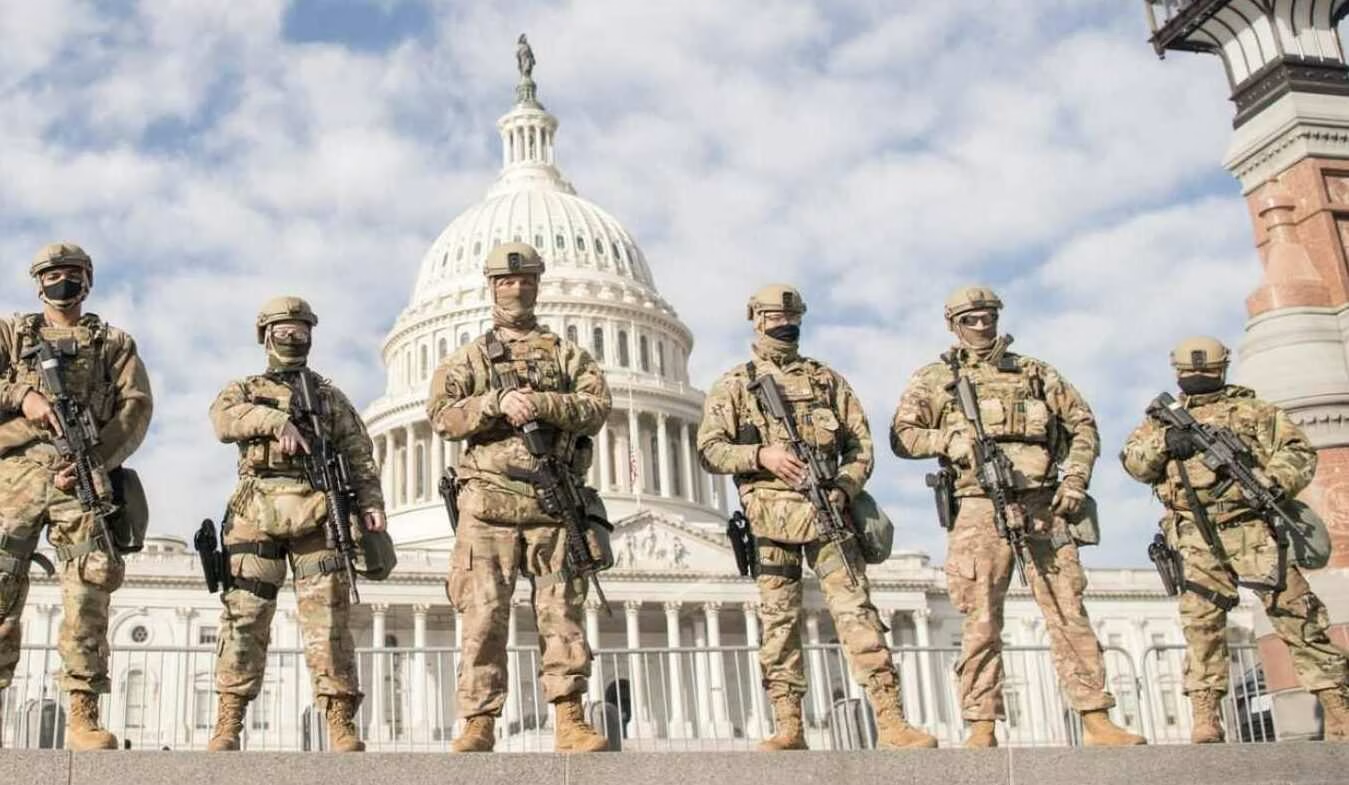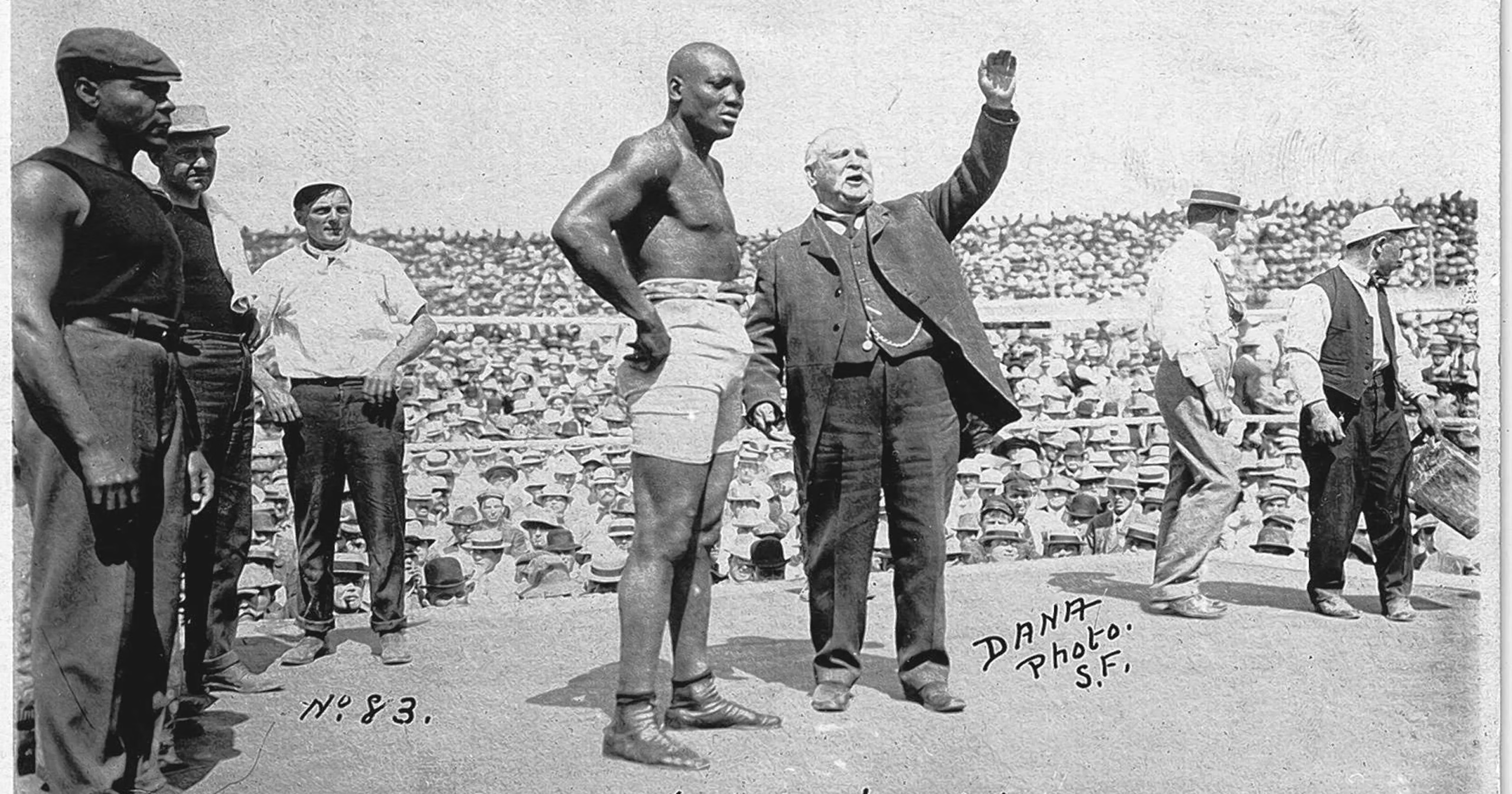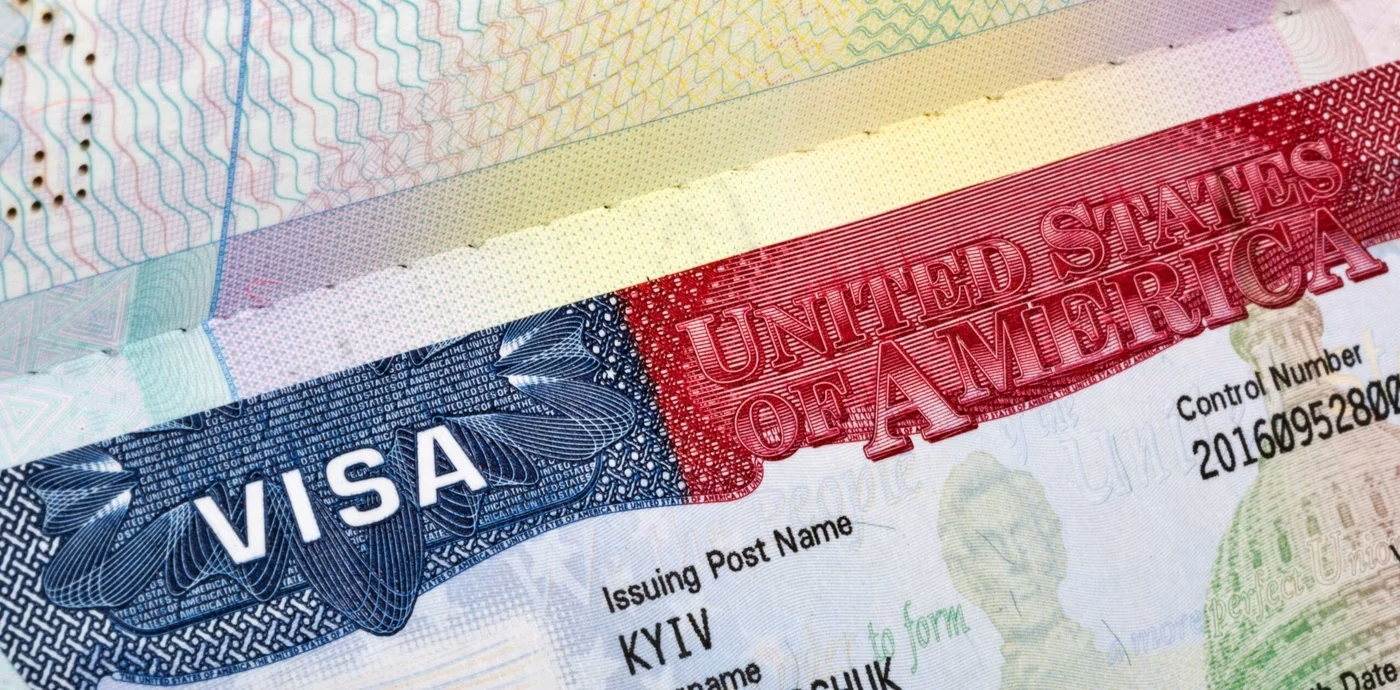By Jane Lewis & Mary Jones | Thursday, October 02, 2025 | 6 min read
This is how civil wars begin—not with a declaration on the steps of Congress, but with a leader who brands his own people as enemies and trains soldiers to see fellow citizens as targets. Donald Trump is not the first demagogue to walk this path. Rwanda’s descent into genocide began with radio broadcasts dehumanizing neighbors. The Balkan wars erupted when political leaders painted entire ethnic groups as existential threats. The common thread is always the same: words turn to weapons, rhetoric to repression, and neighbors to enemies.
America is not sleepwalking through politics as usual—we’re watching a dangerous script unfold in real time. The president of the United States stood before his top military brass and painted San Francisco, Chicago, New York, and Los Angeles as though they were enemy territory. He didn’t just call them unsafe. He branded his fellow citizens the “enemy within” and suggested that our cities could serve as training grounds for the armed forces.
Let that sink in: a commander-in-chief, urging the U.S. military to rehearse for war by practicing on his own people. That’s not tough talk. That’s authoritarian talk.
And what did the Republican Speaker of the House do when confronted? He ducked. He pretended he hadn’t even seen the speech. Worse, when pressed by Rep. Madeleine Dean, he seemed to admit—at least in passing—that Trump might be “unwell.”
Unwell? That word doesn’t even begin to cover it. If true, it’s a national security emergency. An unstable president with his finger on the nuclear arsenal, openly stoking the language of civil war, isn’t just a partisan problem—it’s a threat to every American.
History doesn’t forgive nations that ignore warning signs. The question is whether we’ll recognize them in time, or whether we’ll once again look back and wonder how we let it happen.
This is not law and order. This is not about safety. This is authoritarianism with a made-in-America stamp on it.
For years, Republicans have used government shutdowns like blunt instruments, holding the nation hostage to force through extremist policies. But Trump has taken the strategy to a terrifying new level. He isn’t just twisting institutions to serve his agenda—he’s turning them into weapons against the American people. The National Guard has been sent to Memphis, Missouri’s governor has ordered troops to assist ICE in deportations, and soldiers have already been deployed in Los Angeles and Washington, D.C. And now Trump warns that more cities are next.
Meanwhile, the private prison company tied to his immigration chief is cashing in by the billions, profiting from the suffering of families torn apart. This isn’t politics as usual—it’s a calculated assault on communities, a demonstration of power that treats human lives as expendable.
He calls these citizens “enemies.” Let that sink in. The people of Portland. Of Chicago. Of New York. Not foreign terrorists, not hostile armies—ordinary Americans. That’s how civil wars start. When political leaders redefine dissent, diversity, and democracy as threats to be eliminated rather than rights to be protected.
The Washington Post put it simply: “U.S. cities aren’t meant to be military training grounds.” But understatement no longer suffices. These deployments are not just illegal—they are dangerous. They are conditioning Americans to accept the idea that military force against civilians is normal.
We’ve seen it already: mothers slammed to the pavement by ICE agents, journalists carried out on stretchers, peaceful protesters battered and gassed. The images are hauntingly familiar to anyone who has studied authoritarian crackdowns abroad. In the Balkans, it started with labeling political opponents “traitors” and “enemies of the nation.” In Rwanda, the “enemy” became an entire ethnic group. Once a government convinces enough people that their fellow citizens are dangerous, violence becomes not just permissible but patriotic.
Trump has found his scapegoats in blue states and liberal cities. He talks about them the way propagandists talked about “cockroaches” in Rwanda—dehumanizing language that primes people for violence. And he has found willing allies in Republican leaders who either cheer him on or stay silent out of cowardice.
What makes this moment even more chilling is how muted the response has been from Democratic leaders. They keep centering debates on healthcare and kitchen-table issues while the president is militarizing the streets. Yes, healthcare matters. But what good is a healthcare plan if democracy collapses? What good are policy polls if the government can send troops to crush dissent? Democrats cannot keep playing small-ball while the president plays war.
Some argue that crime justifies these deployments. But the numbers don’t back it up. Crime has not surged in the way Trump claims. And even if it had, militarization is not the answer. Soldiers are not police, and cities are not battlefields. To take the crime narrative at face value is to miss the point entirely. This isn’t about safety. It’s about power. It’s about a president conditioning the military, and the public, to accept the unacceptable.
This is the playbook of authoritarians everywhere. First, declare that dissent equals treason. Second, use state force to intimidate and suppress opposition. Third, create a climate of fear so pervasive that even law-abiding citizens become too afraid to speak. Step by step, democracy gives way to dictatorship. And once that door opens, history tells us it is very hard to close.
But Americans are not powerless. We still have tools: the law, the courts, and above all, the power of visibility. Cell phones in every hand have documented abuses, spread images across the country, and forced accountability in ways that would have been impossible a generation ago. Trump fears optics—he always has. And images of brutality against peaceful citizens cut through his narrative of “law and order” like nothing else.
Still, we must be clear-eyed. Courts alone will not save us. Congress has abdicated its duty. Institutions are fragile. What we have left is dissent—loud, visible, peaceful dissent. That may be the last line of defense between a flawed democracy and a creeping authoritarian nightmare.
A veteran and Portland city councilor recently reminded his constituents that every soldier swore an oath to the Constitution, not to the president. That oath is sacred. But it isn’t just soldiers who bear it—it is all of us. We must act as if the Constitution still matters, because the moment we stop, the experiment of American democracy collapses.
Let’s be clear: this isn’t just another political fight, and it’s not a disagreement over policies or priorities. This is the kind of moment that sparks civil conflict. Rwanda didn’t suddenly wake up to genocide, and the Balkans didn’t collapse into chaos overnight—there were warnings, and they were ignored until it was far too late. Fox News might laugh it off now, might dismiss a $764 million penalty as just a number—but the real cost won’t be measured in money. It will be measured in lives.
Best Friends in Infamy: The Statue of Trump and Epstein, and the Art That Won’t Be Silenced
Comey’s Charges Had Nothing to Do With Russia Interference — This Was Trump’s Payback
Epstein Files Put Musk Back in Spotlight—Could Tesla’s $29 Billion Shareholder Payout Be at Risk?
The Flagrant Kingmakers: Musk, Thiel, and Bannon Surface in Newly Unsealed Epstein Files
Mexico Is Not the Origin of the Drug Trade—Europe and Big Pharma Were There First






